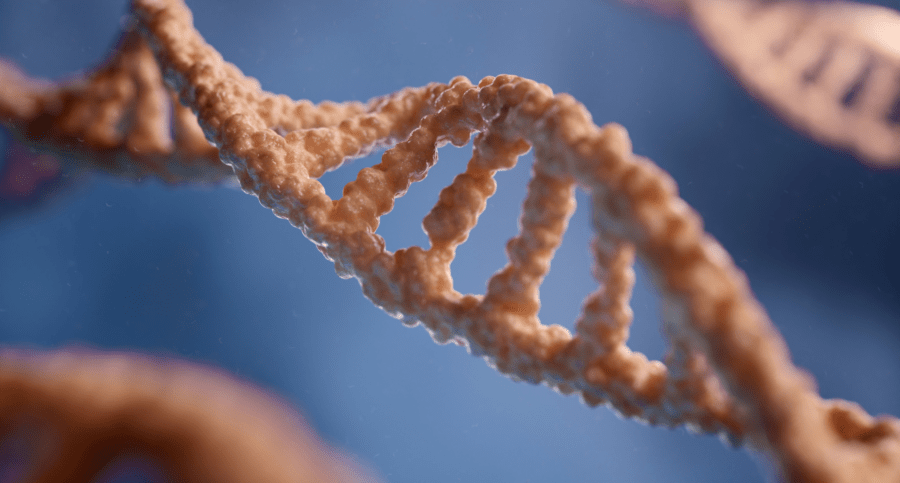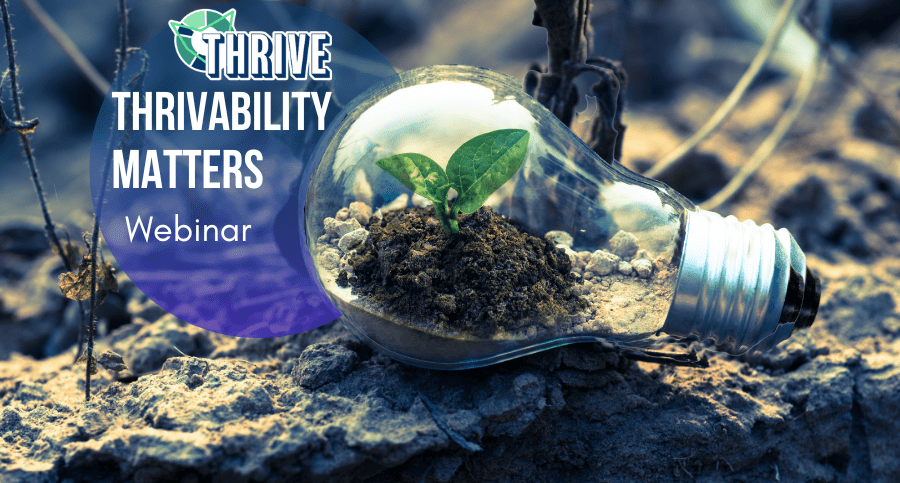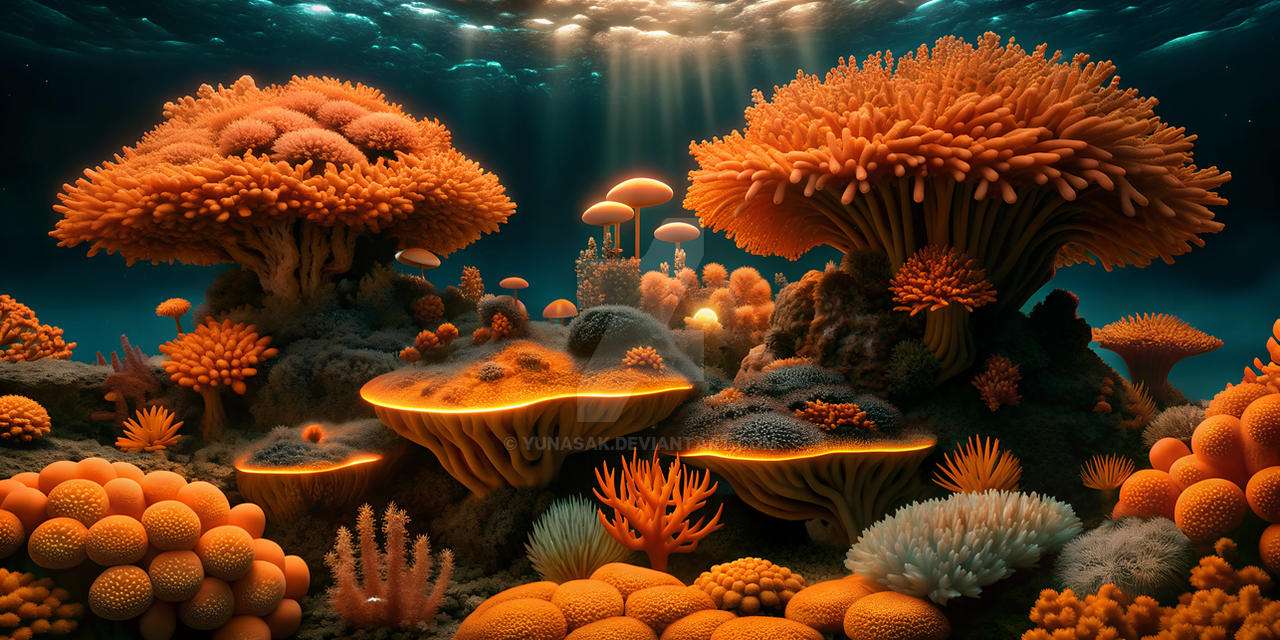Habitual Conservation of Natural Resources
All life is dependent on natural resources. Clean water, breathable air, stable soil, and food production are just some of the many ecosystem services provided by nature that are essential to the survival of life on Earth. The conservation of these natural resources must become ingrained into everyday thinking to preserve the planet for future […]
Habitual Conservation of Natural Resources Read Post »
Environment, Science, Sustainability


























